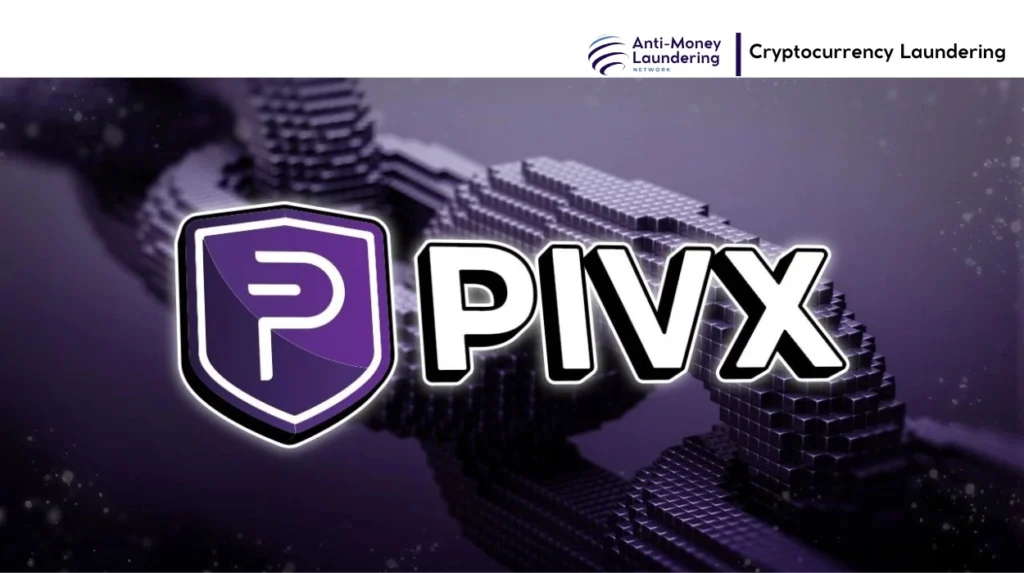PIVX, a privacy-focused cryptocurrency launched in 2016, leverages advanced cryptographic protocols to provide users with encrypted transactions that obscure the sender, receiver, and transaction amounts. Designed with the Zerocoin protocol and zero-knowledge proofs, PIVX aims to enable anonymous, instant transactions, which, while enhancing user privacy and security, also present significant challenges to regulatory oversight and anti-money laundering (AML) efforts globally. Despite PIVX’s efforts to incorporate compliance features such as optional transparent addresses and encrypted memos for regulatory adherence, its privacy-centric design inherently facilitates illicit financial flows. This duality makes PIVX attractive for criminal entities involved in money laundering, ransomware, darknet marketplaces, and other illicit activities seeking to hide the trail of funds across borders. The anonymity layers in PIVX complicate transaction tracing and enforcement, highlighting the ongoing tension between privacy rights and the need for financial accountability in the crypto ecosystem. Consequently, PIVX has become a focal point in discussions about regulating privacy coins under evolving global AML frameworks.
PIVX, a privacy-focused cryptocurrency, is increasingly scrutinized for enabling global money laundering through its shielded address technology and zk-SNARK privacy features. Its anonymity allows criminal networks to move funds across borders undetected, complicating regulatory oversight and financial crime investigations. Despite PIVX’s claims of compliance capabilities, including encrypted memo functions and optional transparent addresses, the coin remains popular among illicit actors exploiting weak AML regimes at some exchanges. Regulatory bodies and enforcement agencies recognize the augmented laundering risks posed by PIVX, leading to exchange delistings and tighter controls to curb its misuse. While no direct PEP links are public, the opaque nature of PIVX transactions sustains its appeal for concealing politically sensitive or criminal proceeds globally in complex laundering schemes.

